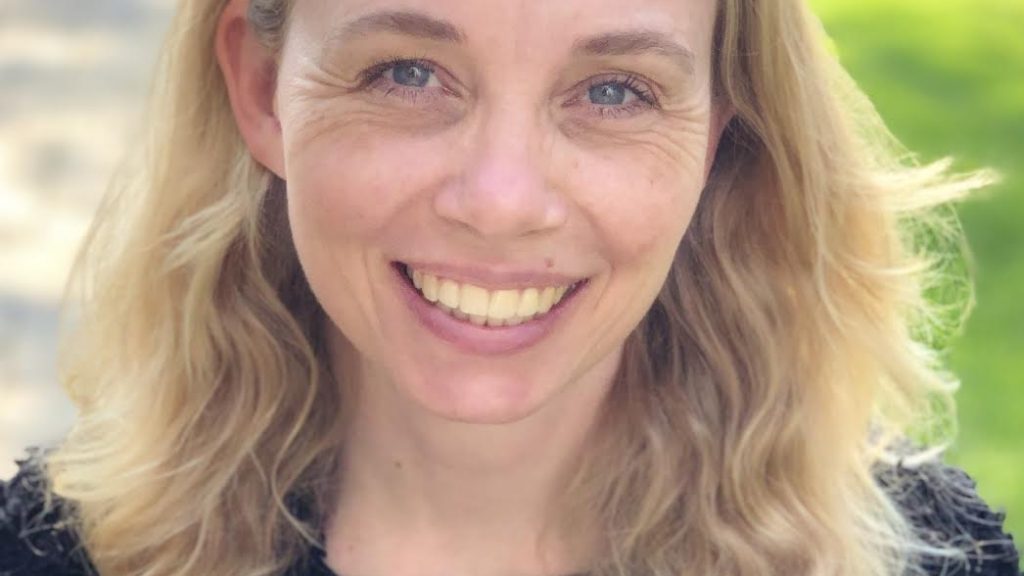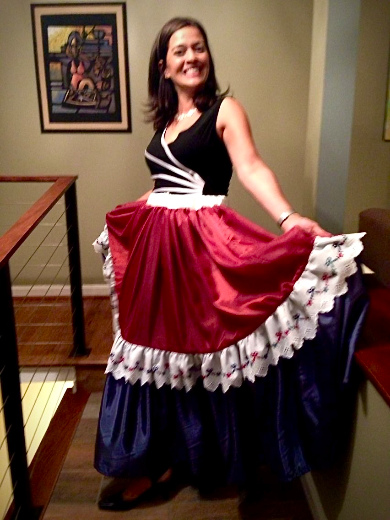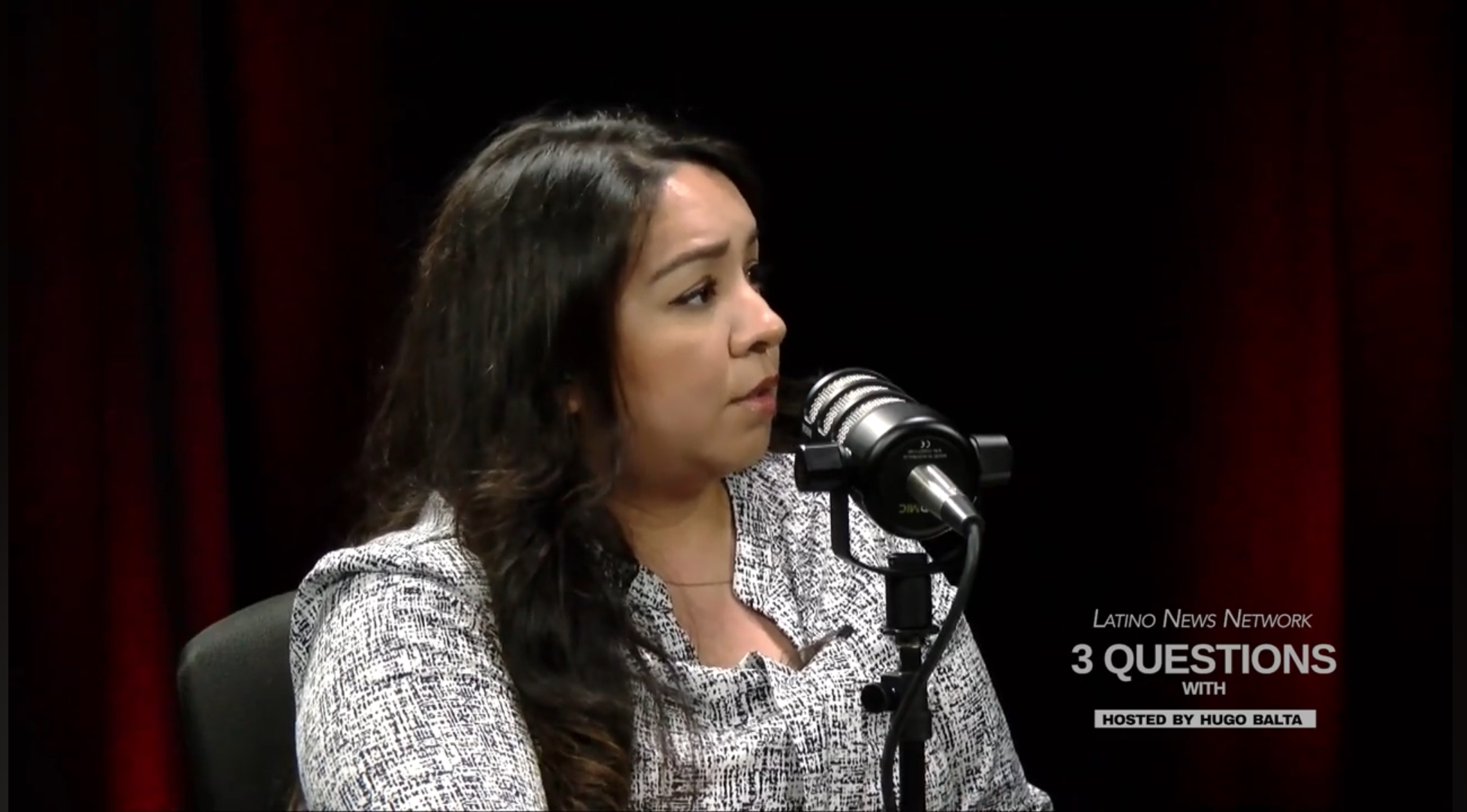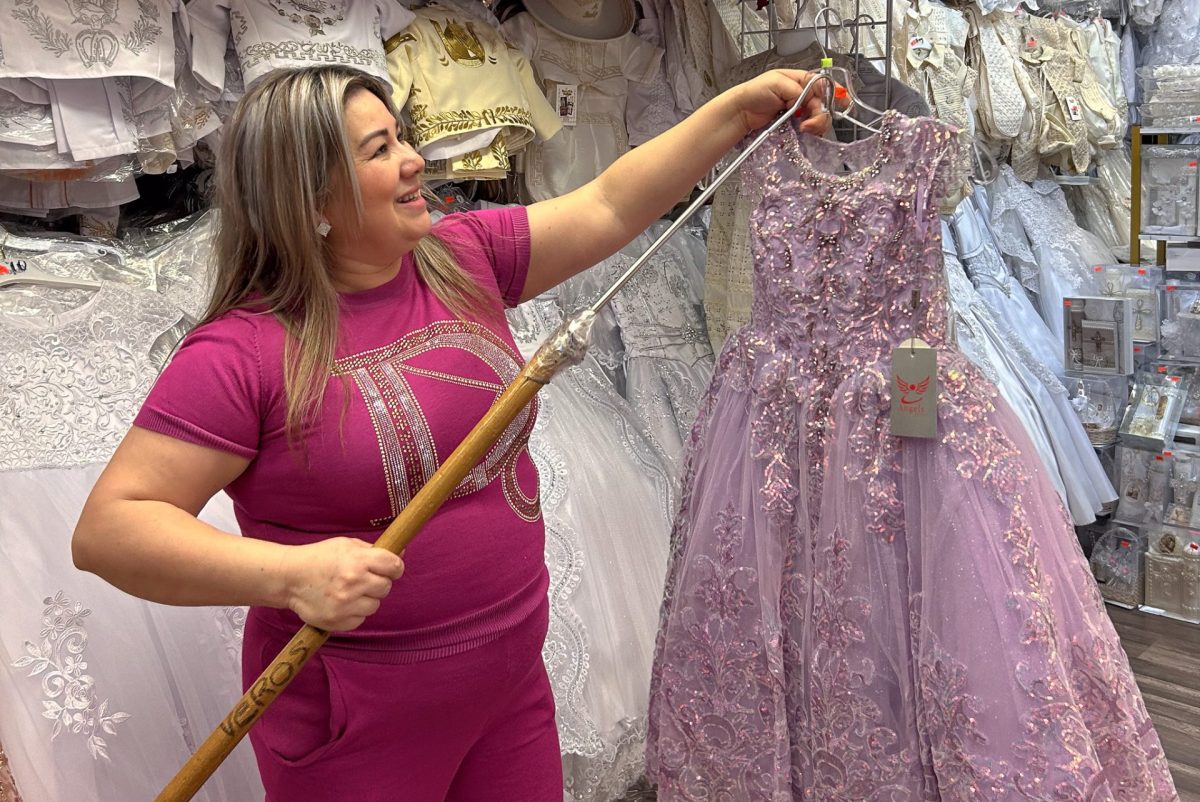Welcome to another episode of Illinois Latino News Opinion+ where we talk about major issues the Latinx and other underrepresented communities face in the state of Illinois. This week we spoke with Ida Melbye, the Executive Director of The Period Collective.
The Period Collective is a nonprofit organization committed to supplying menstrual hygiene products to houseless and low-income people throughout Chicagoland. With period poverty being such a widespread issue that is rarely talked about, many people who do not have access to the resources necessary to experience a healthy period, suffer in silence.
Melbye started The Period Collective in response to learning about a similar organization in Michigan, and feeling called to try to do something to aid those experiencing a lack of menstrual products.
“I just found that it was unacceptable that this was happening in our own backyard and I feel like period poverty is something that we often think of happening in the global south, but it is definitely a problem right here in our community,” she said.
The Period Collective reaches people in all stages of life, from those who are experiencing their first period to those experiencing menopause, attesting to how widely spread this issue is and how long this can be a factor in someone’s life.
Melbye said the impact doesn’t stop at not having products, it can flow into other long-lasting areas of life, including one’s health.
“A lot of the ways that people cope when they don’t have the product that they need can lead to infections and other health issues,” explained Melbye, pointing to socks and newspapers as product alternatives that she’s heard of.
This can also impact the education or career of a person.
“For kids in school when they don’t have access to the product they need, it’s very hard to focus if you’re sitting in class and worried about that. What we see is a lot of kids miss school repeatedly when they’re on their period because they feel like they can’t go and that of course causes issues throughout their life really because if you start missing school when you’re 12 to 10 years old, and you miss several days every time you have your period, that’s gonna start affecting your ability to complete your work, it’s gonna affect your ability to do well on tests and on standardized tests, and that again is going to affect your ability to get into secondary education,” said Melbye.
One of the biggest factors that contributes to period poverty and menstrual inequity is the stigma that prevents discussions from being had and information about menstruation from being shared. This leaves many organizers working to provide resources wondering how to help break down the stigmatization.
“I think the best thing we can do is talk about it. I feel like there’s a lot of cultural and religious barriers to removing those kinds of stigmas but really the best thing we can do is to talk about it,” said Melbye.
Melbye says that she does see more period conversations being held and is hopeful for younger generations who she says seem more comfortable and open with their periods. This is a step in the direction towards normalizing menstruation.
Resources mentioned in this video:
The Period Collective’s website: theperiodcollective.org
The Period Collective on Facebook & Instagram: @periodcoll
How to find your elected officials: https://www.elections.il.gov/electionoperations/districtlocator/districtofficialsearchbyaddress.aspx
Alliance for Period Supplies: https://allianceforperiodsupplies.org
Addressing Period Poverty survey: https://forms.gle/zAHwj3eZTPPbEDA6A
Encuesta Abordando La Pobreza Menstrual: https://forms.gle/42wdtCHiWEH9R19m6




